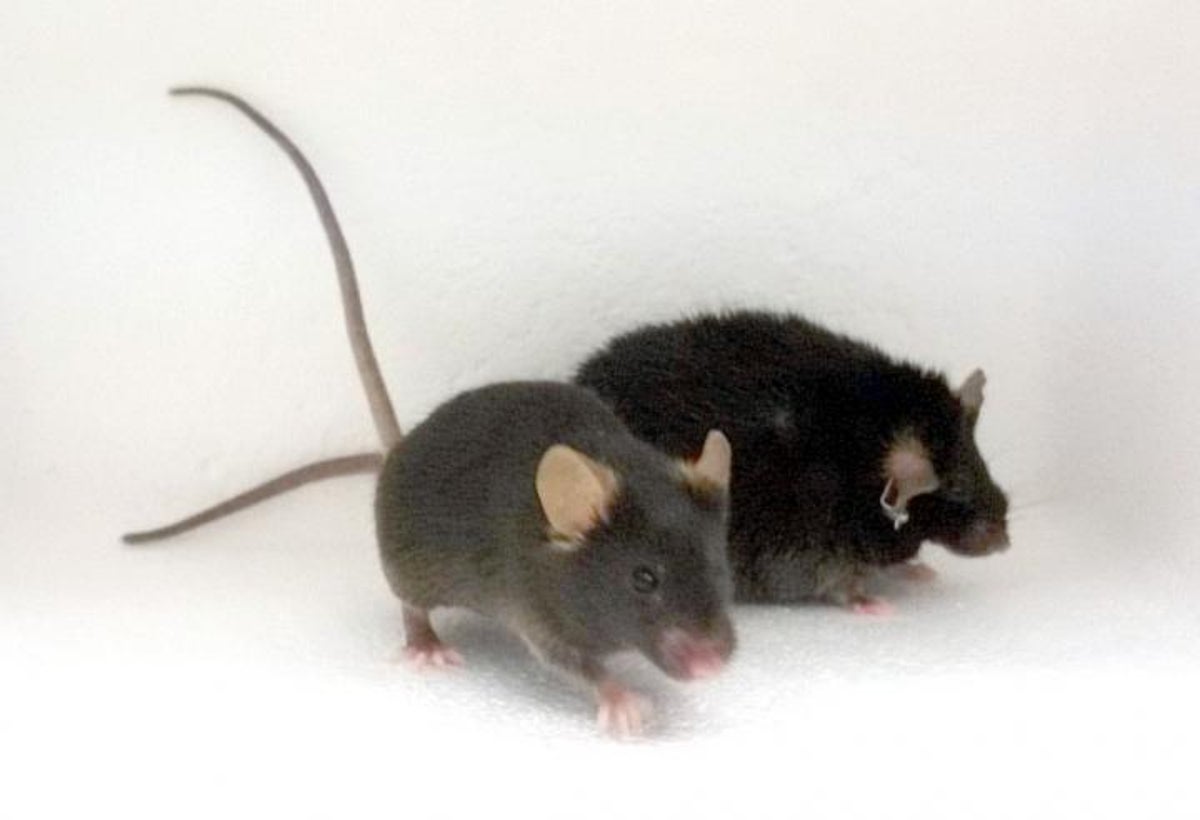
A racing heart can induce an anxiety-like behaviour, according to a new study in mice that sheds more light on how signals from within the body may influence emotional behaviours.
Studies have shown previously how emotional states influence body functions such as how anxiety can cause the heart to beat faster.
However, the reverse condition of whether an increase in heart rate might induce anxiety or fear responses has remained unclear.
One of the hurdles in answering the questions has been the lack of proper tools to precisely control the heart rate to study emotions without causing side effects or introducing other contributing factors.
The new study, published in the journal Nature, used a non-invasive optical pacemaker that uses light signals to target heart muscle cells.
This pacemaker, developed by researchers, including those from Stanford University in the US, increases the heart rate of mice to 900 beats per minute (bpm), compared to baseline heart rates of 660 bpm.
Using the new tool, scientists found that an optically induced increase in heart rate enhanced anxiety-like behaviours and fear in mice, but only in potentially risky environment.
The results suggest that the mouse brain also needs signals from the environment to assign an emotional value to a response from the body.
This indicates that the body’s cells and the brain “must be considered together” to understand how emotions originate.
Researchers also scanned the brains of the mice for changes in activity to better understand the underlying mechanisms of this effect.
They found that a region in the mice brain called the posterior insular cortex that receives and processes signals from around the body acted as a potential mediator for the anxiety-like and apprehensive behaviours induced by increased heart rates.
Scientists also found that an inhibition of the posterior insula cortex reduced the anxiety-like behaviours induced by optical heart pacing.
“This is an unequivocal demonstration that, at least in mice, heart rate can affect anxiety, and can probably influence other emotional behaviours too,” scientists noted in an accompanying article.
They call for further studies to identify the long-term effects of increased heart rates on the brain, and to explore potential therapeutic applications of the new findings.







